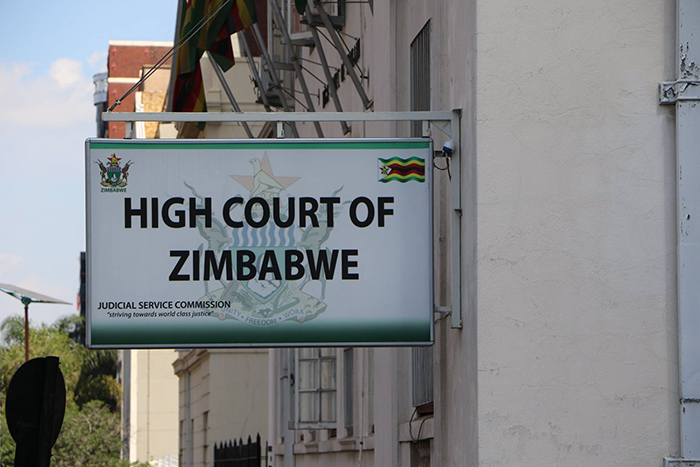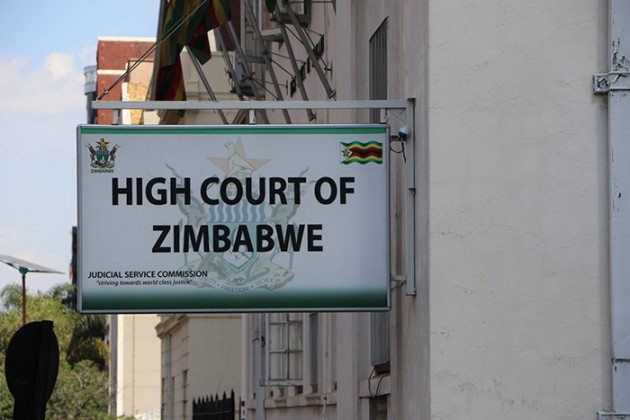State assets case hits snag at Concourt

Fidelis Munyoro Chief Court Reporter
The Constitutional Court on Wednesday declined to hear the confirmation proceedings of invalidation of a section of the State Liabilities Act that prohibits the attachment of State assets by creditors over debts saying the matter was improperly referred to the highest court.
The matter had been referred to the apex court for determination on the invalidity of the law following a High Court ruling striking out of Section 5(2) of the State Liabilities Act.
High Court judge Justice Edith Mushore in March this year declared the section unconstitutional in the case in which Mutare businessman Mr Blessing Mangwiro is seeking to attach State assets.
Mr Mangwiro successfully sued the police and won several court orders for the force to release $78 900 and a further $1,5 million confiscated from him when he was arrested. He has not received a cent to date.
The court took the view that the matter was improperly before it because the Registrar of the Court had not completed the correct form required to bring a case for confirmation.
Advocate Thabani Mpofu objected to the hearing saying the matter could not be heard as a referral. He insisted that the High Court could not refer the case to the Constitutional Court and that the rules had been violated. But in his counter-argument, Advocate Tawanda Zhuwarara, acting for Mr Mangwiro, said the procedural defect had not been inspired by his client.
He also argued that the defect was immaterial because no prejudice was suffered by the State. Chief Justice Luke Malaba insisted that the rules be followed and struck the matter off the roll with the agreement of the parties.
“By consent the matter is struck off the roll with no orders as to costs,” he said. The other judges on the panel concurred. Retired Justice Vernanda Ziyambi was yesterday part of the bench.
It emerged during the opening arguments that Justice Mushore referred the matter to the Constitutional Court when she should have not said anything about the matter being referred for confirmation.
Such confirmation is done automatically and there is no need for a judge to say the matter has to be referred to Constitutional Court. Chief Justice Malaba also pointed out that the lower court order was the source of the problems and that needed rectification.
“What really matters is that the order made by the lower court is the basis on which everything is wrong in this matter,” he said. “The order itself without foundation it could not found any right to approach this court.”
Chief Justice Malaba said once it was conceded that the judge in the High Court had no legal basis to make that order which was then used by all other people, it became a nullity.
“Everything being a nullity; all the processes were a nullity to this day. It is a jurisdictional question. On what basis does this court take over the matter of such importance of constitutional validity or validity of the court-aquo judgment without proper basis?”
Chief Justice Malaba observed that the case could still come back after the procedural issues had been resolved. In the end the judges unanimously agreed that it was best that the matter be struck off the roll.
The decision not to hear the matter comes as a relief to Government which is battling to defend debt-ridden State institutions from creditors threatening to attach assets.
In abrogating the law, Justice Mushore ruled that the law was being abused by the State to evade settlement of debts and complying with the court orders.
She referred her decision to the Constitutional Court for determination on the invalidity of the piece of law she impugned in terms of the law.











Comments